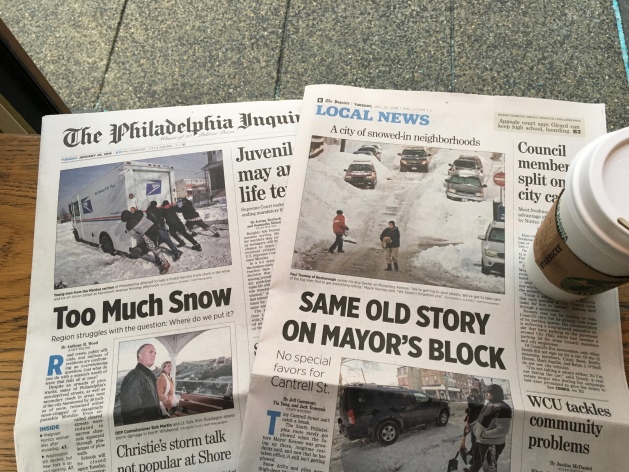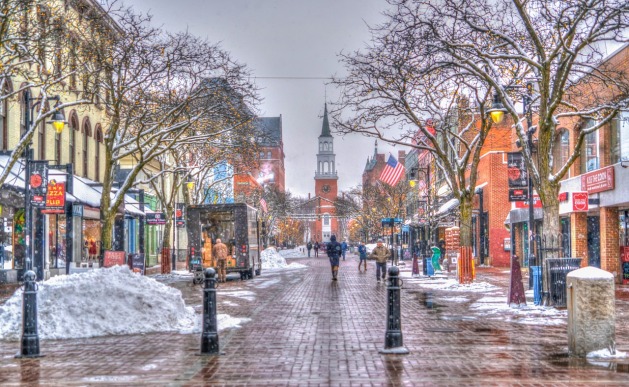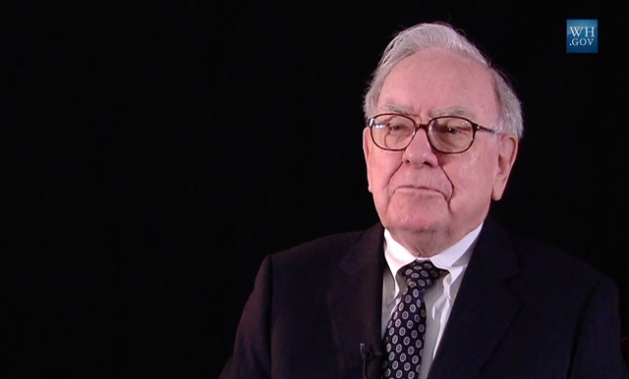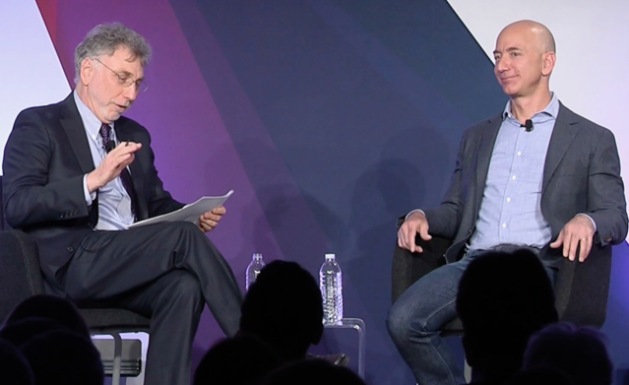
If the morning daily newspaper is an endangered species, then the evening paper shuffled off to extinction many years ago. Now Cowles Co., which owns The Spokesman-Review in Spokane, Washington, is bringing it back.
Not really, and I’ll get to that in a moment. But first a little background.
Evening papers were dominant back when factory work was the way that tens of millions of Americans made their living. You’d work from 7 a.m. to 3 p.m., come home and read the evening paper. Later, as we shifted to more of a white-collar, 9-to-5 culture, morning papers became the primary distribution vehicle for newspaper journalism. Evening papers faded away, and eventually few, if any, remained. The Boston Evening Globe, for instance, stopped publishing in 1979.
Today, of course, the news cycle is entirely different, with stories posted online around the clock, sometimes not to show up in print until days later — if ever.
Some of us, though, continue to like the day’s paper, whether online or in print. The daily paper represents a curated news report — the considered judgment of the editors as to what the day’s most important news is. Again, to use the Globe as an example, you can access a list of the stories in that day’s print edition (unfortunately, it seems that stuff always gets left out) or read the paper in the form of an e-edition — a PDF of that day’s paper that looks like the print edition. The Globe offers two versions, both so-so.
What The Spokesman-Review has done is revive its old evening paper, the Spokane Daily Chronicle, in the form of an e-edition that’s posted each afternoon. As reported by Kristen Hare of Poynter Online, the idea isn’t to compete with The Spokesman-Review, as it did back before the Chronicle folded in 1992 (even under common ownership); rather, it’s to boost the bottom line and give people who live in the Spokane area another reason to buy a digital subscription or keep the one they’ve already got.
“Our view is the e-edition is the gateway drug to our web presence for traditional readers,” publisher Stacey Cowles told Hare. “If they love it enough, it could help solve our huge manufacturing and distribution cost headache. But additional online pages have to be meaningful to make a difference. More stock listings don’t cut it.”
Added editor Rob Curley: “We were realists on this. It wasn’t about how are we going to make this a bigger pie, it was how are we going to hang on to the pie that we have when we know we’re going to continue to push subscription prices?”
If all this sounds retro, keep in mind that Curley is a pioneer in digital journalism, first at the Naples Daily News in Florida and, in the pre-Jeff Bezos age, at The Washington Post, where he presided over the launch of a digital-only local-news site in Loudoun County, Maryland. I met him in 2015 when I was researching my book “The Return of the Moguls” and Curley was editor of California’s Orange County Register under the ill-fated ownership of Aaron Kushner.
Print and print-like products continue to play an important part in keeping newspapers alive — as in Pittsfield, Massachusetts, where The Berkshire Eagle is actually buying a used printing press in order to boost is color capacity. Someday, newspapers may drop their print editions entirely, or go weekend-only. Until that day comes, though, it makes sense to serve the print-oriented readers who pay the bills.








